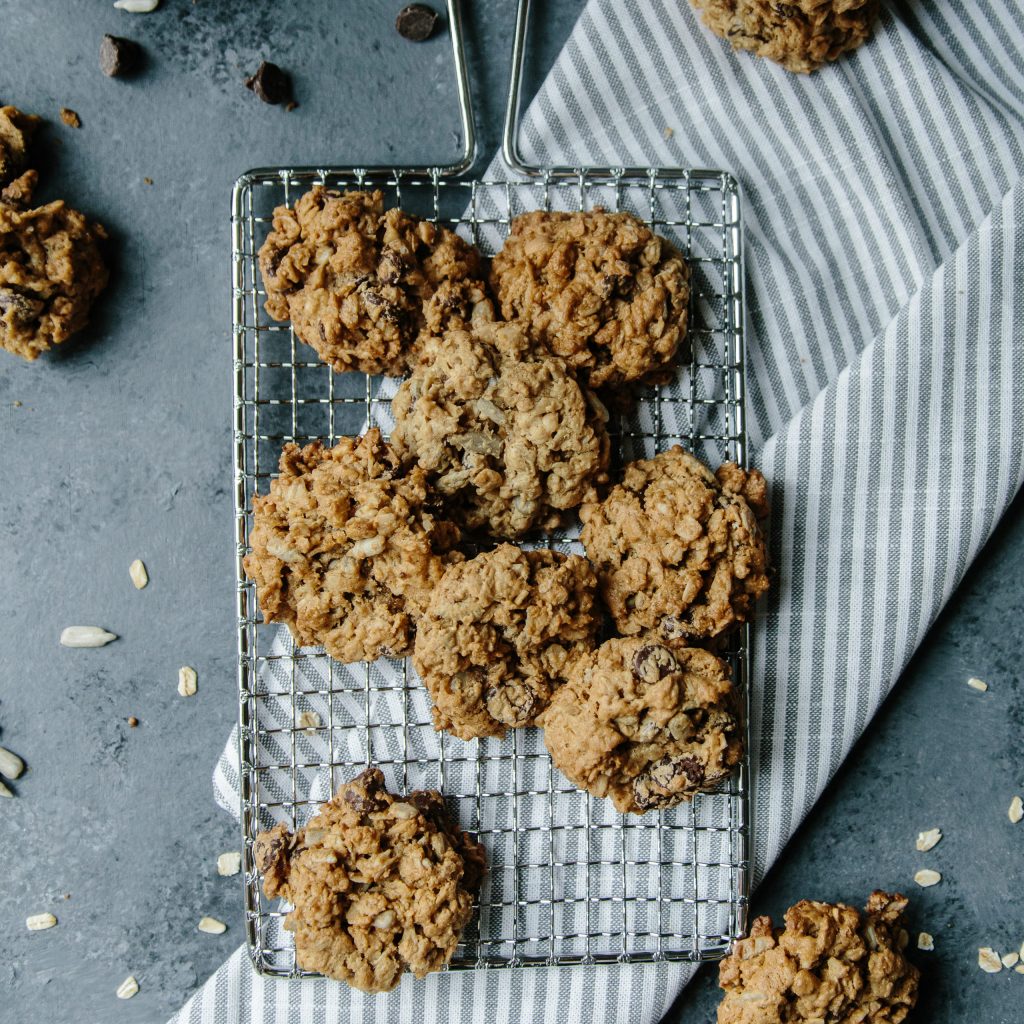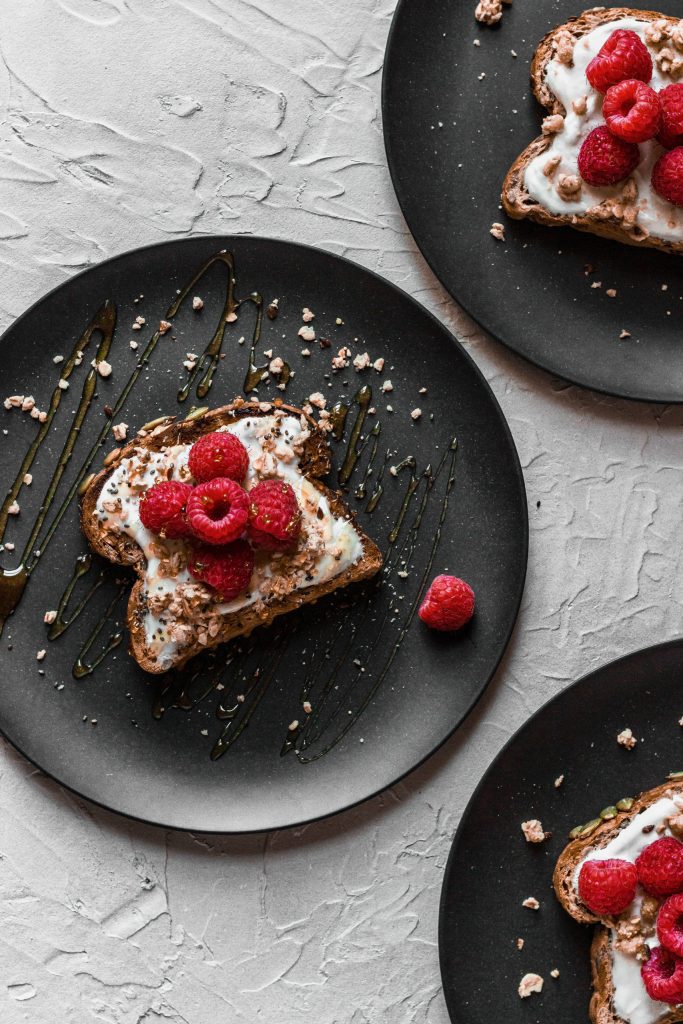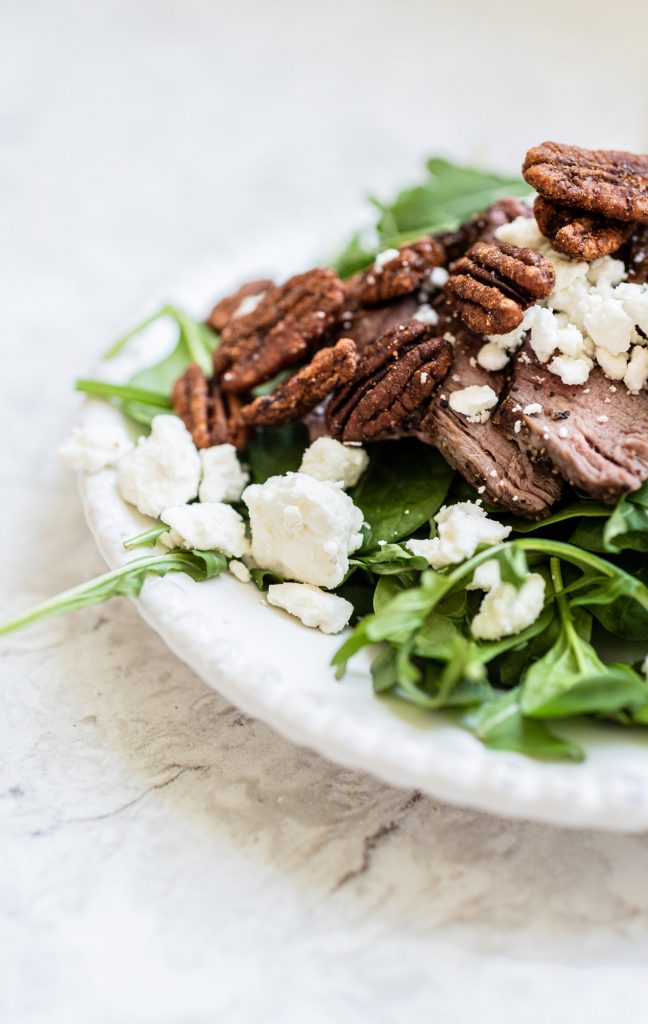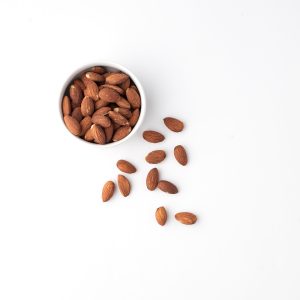


Interview with nutritionist, Chelsea Fechtner, MScN, CN, of Seattle Reproductive Medicine
Tell me about your background in nutrition and what got you interested in
supporting moms during the postpartum period?
Answer: I completed my undergraduate degree in Early Childhood and Family Studies at the
University of Washington, which is when I became fascinated with prenatal nutrition
and how it plays such an important role in infant development. I later went on to
complete a Master of Science in Nutrition along with continuing education in women’s
health nutrition. Now, I work as a Certified Nutritionist and Wellness Coach at Seattle
Reproductive Medicine, supporting women and couples on their path to parenthood. In
my business, The Wildflower Kitchen, I work with new moms and parents in the early
postpartum period. I became so passionate about supporting new parents in this stage
after working as a private chef for a family throughout pregnancy and their postpartum
period. This made me realize how demanding postpartum is, and how little support is
offered to new moms and parents. Now, I feel lucky to help women stay nourished
through all of these stages of life!
In terms of hormone regulation in the postpartum period what nutrients/foods can
best support this?
Answer: The transitions from pregnancy to birth, postpartum and beyond, come with a lot of
major hormonal shifts! The body produces prolactin to establish lactation, the thyroid
readapts, and adrenal hormones adjust with new sleeping patterns. While these
hormonal shifts are a natural part of early postpartum, good nutrition can help support
mood and energy during this time. A few nutrients to consider emphasizing to support postpartum hormone regulation are healthy fats, protein, vitamin D, B-vitamins, selenium and iodine. Continuing with
a prenatal vitamin and vitamin D supplement can be helpful for filling nutrient gaps.

A few ways to fit in these nutrients
Healthy Fats: Avocado, nut butter, tahini, salmon, ghee, coconut milk and walnuts
Protein: Organic eggs and poultry, grass-fed beef, wild-caught fish, greek yogurt,
lentils and beans
B-Vitamins: Dark leafy greens, beans, lentils, whole grains and animal proteins
Selenium: Brazil nuts, salmon
Iodine: Salmon, sardines, and seaweed
What are your favorite freezer meals that can be prepared during the prenatal
period to enjoy after giving birth?
Answer: I highly recommend preparing nourishing meals during pregnancy, so that you can
include the foods mentioned above without adding stress during postpartum. Consider
stocking your pantry with nut butter, tahini, ghee, coconut milk, nuts, seeds, lentils,
beans, whole grains and (if you’re up for them) seaweed and sardines.
Rather than spending hours in the kitchen making all of your freezer meals at once,
consider doubling one of your meals each week and freezing the extras. Soups, stews,
bone broth and bolognese sauce are all delicious options! Consider adding a strip of
kombu (seaweed) to your soups and broths for a source of iodine. If time allows, a
batch of lactation cookies or muffins make a great postpartum treat and freeze well
also!
If you aren’t able to prep meals ahead of time, consider asking a friend for help with
setting up a meal train or get established with a local meal delivery service.
We always hear about lactation cookies, but what are the best nutrients/foods to
support lactation?
Answer: The most effective ways to promote lactation and boost milk supply are by eating and
drinking enough throughout the day. Even though breast milk provides the optimal
nutrition for baby, your diet does play a role in the nutrient composition of your
breastmilk. Including nutrient-dense meals and snacks, as well as plenty of water,
throughout the day will ensure that you are nourishing your own body and your new
baby. This is why stocking your pantry and freezer ahead of time is so important!
Additionally, certain foods are considered lactogenic (milk-making) and may be helpful
for increasing milk supply. Almonds, flax seeds, nettle, sesame seeds, sunflower seeds,
fennel and chicken bone broth are a few of the long list of these foods!

What are your favorite snacks to recommend on your bedside table for the middle
of the night feeding sessions?
Answer: Protein bars are an easy shelf-stable, one-handed option! Mama Bars and Go Macro
Bars are great options because they have a good ingredient list and taste great.
Homemade energy balls or trail mix with cashews, almonds, dark chocolate, pumpkin
seeds and dried cherries or apricots also work well for easy-to-grab options on your
bedside table.
What are your top 3 favorite postpartum recipes!
Answer: My Cashew Chia Seed Pudding is a delicious make-ahead breakfast option that is
packed with healthy fats and protein. The recipe is available on my blog!
I also have a free Breastfeeding Nutrition Guide that you can download on my website.
It includes a recipe to my Seedy Cocoa Bliss Balls, which are a favorite among my past
postpartum mama clients and are packed with lactation promoting seeds.
Whether you’re planning for your own postpartum period, or simply want to bring a
meal to a friend that just gave birth, soup is always a wonderful option! Choose your
favorite soup or check-out my Postpartum Nourishment Guide for my client favorites.


Contact info:Phone: (360) 213-8679 Email: chelsea@thewildflowerkitchen.com Website: thewildflowerkitchen.com
You can also find Chelsea at Seattle Reproductive Medicine. She offers Nutrition and Wellness Coaching to patients that are trying to conceive or manage PCOS symptoms.
Resources:
- La Leche League International. 2022. https://www.llli.org
- Nichols, L., 2021. Nutrition for Breastfeeding.
- Nichols, L., 2021. Postpartum Recovery & Nutrient Depletion.


